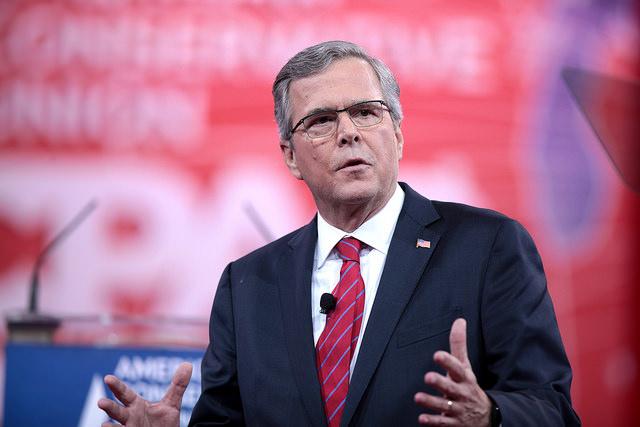 News that Malcolm Turnbull became Australia’s 29th Prime Minister this week was met with excitement from Australia’s ICT industry. Turnbull, who was an early investor in Australian ISP OzEmail and several other internet businesses has spoken of the need to develop a ‘culture of innovation’ based on ‘clear and detailed education, innovation and technology policies that are funded adequately.’ Turnbull’s knowledge of technology issues certainly eclipses that of any previous PM and is an exciting proposition for the development of Australia’s whole of government cyber policy.
News that Malcolm Turnbull became Australia’s 29th Prime Minister this week was met with excitement from Australia’s ICT industry. Turnbull, who was an early investor in Australian ISP OzEmail and several other internet businesses has spoken of the need to develop a ‘culture of innovation’ based on ‘clear and detailed education, innovation and technology policies that are funded adequately.’ Turnbull’s knowledge of technology issues certainly eclipses that of any previous PM and is an exciting proposition for the development of Australia’s whole of government cyber policy.
Republican Presidential candidate Jeb Bush has become the first major candidate to release a cybersecurity plan. While Bush’s five-point plan is fairly light on details, mainly sticking to broad themes and statements, there are a couple of interesting points of note. In the plan Bush calls for the US to maintain ‘oversight’ of ICANN, the body charged with managing the Internet’s domain name system and wider IANA functions. But Bush may have already missed the boat. November’s US election date falls after the Department of Commerce’s revised privatisation date of September 2016. Bush also backs the Cybersecurity Information Sharing Act, currently stalled in the Senate and calls on President Obama to help clear the deadlock. According to both Republican and Democratic staffers, Bush may have missed this boat too, with both parties rumoured to be keen to put the measure to a vote in early- to mid-October.
The Foreign and Defence Ministers of Australia and South Korea pledged to deepen cyber cooperation during their recent 2+2 meeting. A joint statement from the dialogue pinpoints CERT to CERT and policing cooperation as avenues ripe for deepened bilateral cooperation and the ASEAN Regional Forum and APCERT for multi-lateral collaboration. The Minsters recommitted to holding an annual defence and foreign bilateral meeting; given that both countries are regional ICT leaders, cyber security should continue to feature in discussions.
Programmer and creator of the McAfee anti-virus program, John McAfee has announced he is running for the US Presidency. McAfee, who has created his own ‘Cyber Party’ is running on a privacy protection platform. You can check out his YouTube launch video, complete with green screen here.
The US and China concluded their much anticipated four day cyber dialogue over the weekend. Chinese media reported that that countries ‘reached an important consensus on combatting cybercrime’ while the US remained slightly more demur about the meeting. According to the White House, US national security adviser Susan Rice had a ‘frank and open exchange about cyber issues’ with Meng Jianzhu, Secretary of China’s Central Political and Legal Affairs Commission, which oversees law enforcement agencies. The Chinese delegation also visited the State, Justice and Treasury departments plus the FBI and Homeland Security.
But it seems the largest takeaway from the weekend meetings is that the White House will put a hold on the roll out of planned sanctions against Chinese companies and individuals tied to US intellectual property theft. The sanctions, which are the manifestation of ongoing US frustration over what it sees as illegitimate targeting of industry, were reportedly going to be rolled out this week, directly before President Xi’s landmark visit to the US next week. According to an administration source, assurances made by the Chinese delegation to curb economic espionage during an all-night meeting on Friday were enough for the US to postpone the sanctions, at least until after Xi’s visit.